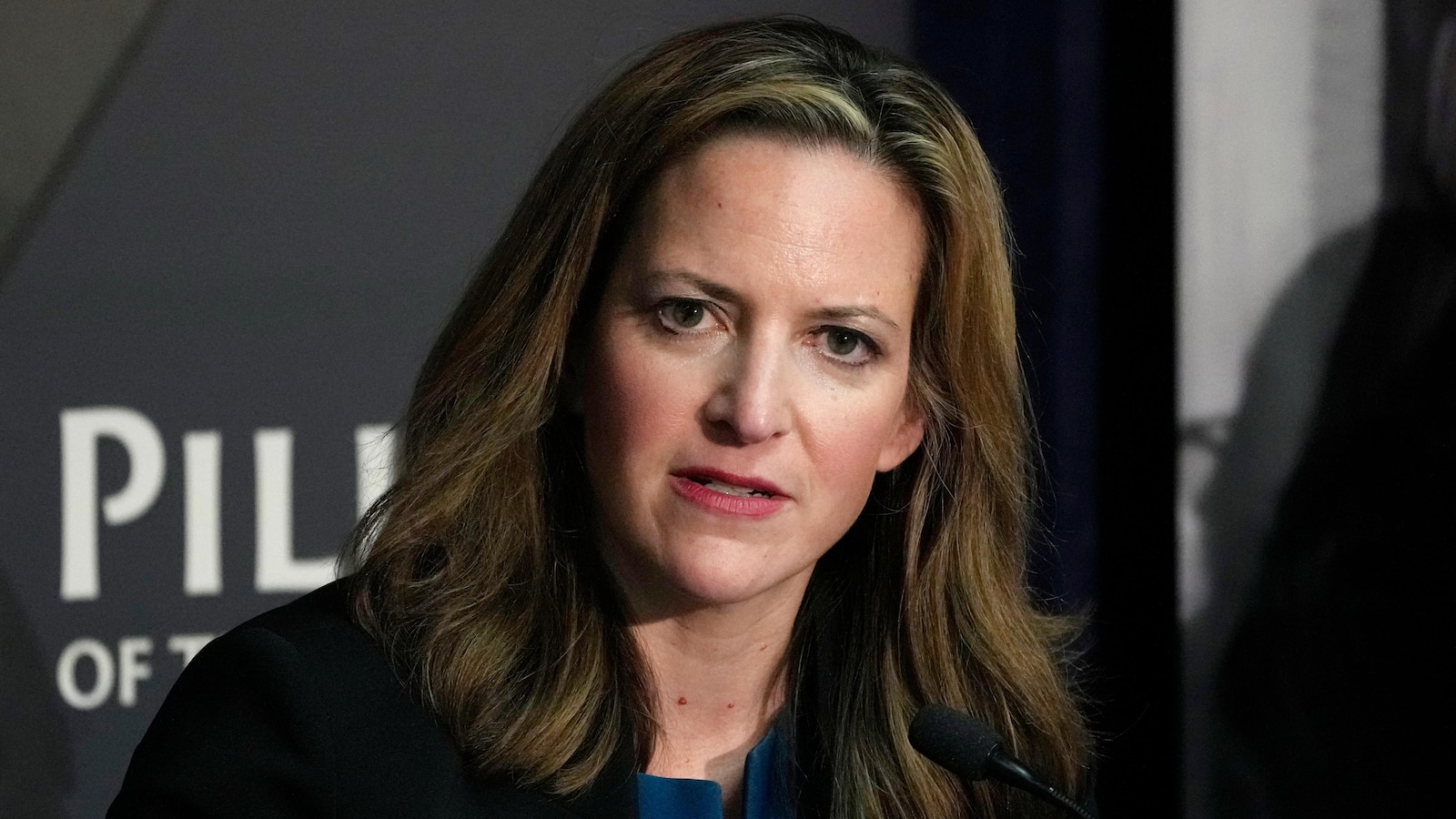Breaking the Silence: Inside the Critical Fight to Save Black Mothers' Lives
Health
2025-04-08 20:20:01Content

Confronting the Silent Crisis: Black Maternal Health in America
Every April, Black Maternal Health Week emerges as a powerful platform to spotlight a deeply troubling healthcare disparity that continues to plague the United States. This critical observance, spanning from April 11th to 17th, serves as a crucial moment to raise awareness about the stark and systemic challenges facing Black mothers in our healthcare system.
The week-long commemoration is more than just a period of reflection—it's a urgent call to action. Black women in the United States face significantly higher maternal mortality and morbidity rates compared to women of other racial backgrounds, a stark reality that demands immediate and comprehensive attention.
Through education, advocacy, and community engagement, Black Maternal Health Week aims to illuminate the complex web of social, economic, and medical factors that contribute to these devastating health disparities. By amplifying Black women's voices and experiences, the initiative seeks to drive meaningful policy changes and transform maternal healthcare practices.
As a society, we must recognize that every mother's life is precious, and addressing these systemic inequities is not just a healthcare issue—it's a fundamental human rights concern.
Unmasking the Silent Crisis: Black Maternal Health in America's Healthcare Landscape
In the intricate tapestry of American healthcare, a profound and deeply troubling narrative continues to unfold—one that exposes systemic inequities threatening the lives of Black mothers and their unborn children. This ongoing crisis represents more than a statistical anomaly; it is a stark reflection of deeply entrenched racial disparities that demand immediate and transformative action.Confronting the Unspoken: A Call for Radical Healthcare Transformation
The Devastating Landscape of Maternal Mortality
The United States stands as an anomaly among developed nations, bearing the grim distinction of experiencing alarmingly high maternal mortality rates, particularly among Black women. Recent comprehensive studies reveal a heart-wrenching reality: Black mothers are approximately three to four times more likely to die from pregnancy-related complications compared to their white counterparts. This staggering statistic transcends socioeconomic boundaries, affecting women across educational levels and professional backgrounds. These disparities are not merely coincidental but represent a complex intersection of systemic racism, implicit bias within medical institutions, and historical medical trauma. Healthcare professionals consistently report significant variations in treatment approaches, diagnostic considerations, and patient engagement when Black women seek maternal healthcare services.Structural Racism: The Invisible Healthcare Barrier
Beneath the surface of clinical interactions lies a profound network of structural barriers that systematically disadvantage Black maternal health. Medical education, research protocols, and institutional practices have historically been designed without comprehensive understanding or genuine consideration of Black women's unique physiological and experiential realities. Implicit bias manifests in numerous subtle yet devastating ways—from dismissive medical consultations to delayed diagnostic interventions. Many Black women report experiencing diminished medical credibility, with their pain and concerns frequently minimized or outright dismissed by healthcare providers. This psychological invalidation compounds the physical risks associated with pregnancy and childbirth.Holistic Approaches to Transformative Healthcare
Addressing this crisis requires a multifaceted strategy that extends far beyond traditional medical interventions. Community-based support networks, culturally competent medical training, and comprehensive policy reforms represent critical components of meaningful change. Innovative programs are emerging that prioritize culturally sensitive prenatal care, emphasizing patient empowerment, comprehensive health education, and personalized medical support. These initiatives recognize that effective maternal healthcare must integrate psychological, social, and physiological dimensions of well-being.Policy and Advocacy: Catalyzing Systemic Change
Legislative efforts are increasingly focusing on creating robust frameworks that protect and support Black maternal health. Proposed policy interventions range from mandated bias training for healthcare professionals to increased funding for community-based maternal health programs. Grassroots organizations and advocacy groups are playing pivotal roles in amplifying these critical conversations, leveraging research, personal narratives, and strategic political engagement to drive meaningful institutional transformation.Technology and Innovation: Reimagining Maternal Healthcare
Emerging technological solutions offer promising avenues for addressing systemic healthcare inequities. Telemedicine platforms, artificial intelligence-driven diagnostic tools, and advanced monitoring technologies are being developed with explicit considerations for diverse patient experiences. These innovations represent more than technological advancements; they symbolize a fundamental reimagining of healthcare as a fundamentally human-centered, equitable ecosystem that genuinely values every individual's lived experience.RELATED NEWS
Health

Tragic Silence: Mental Health Agency's Missed Calls Preceded Deadly Double Homicide
2025-05-05 21:30:07
Health

Papal Health Alert: Pope Francis Battles Respiratory Complication, Condition Sparks Global Concern
2025-02-28 18:48:00
Health

Personal Tragedy Fuels Candidate's Fight for Reproductive Rights in Michigan
2025-05-06 04:02:39





